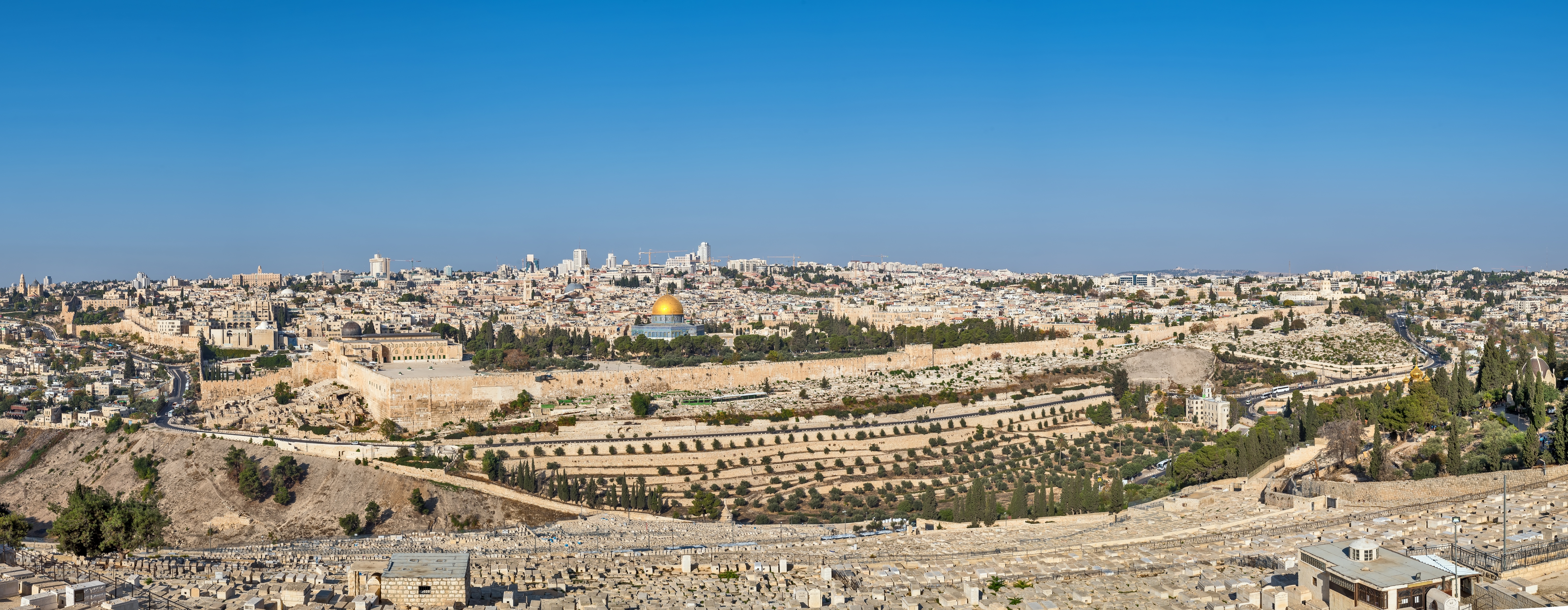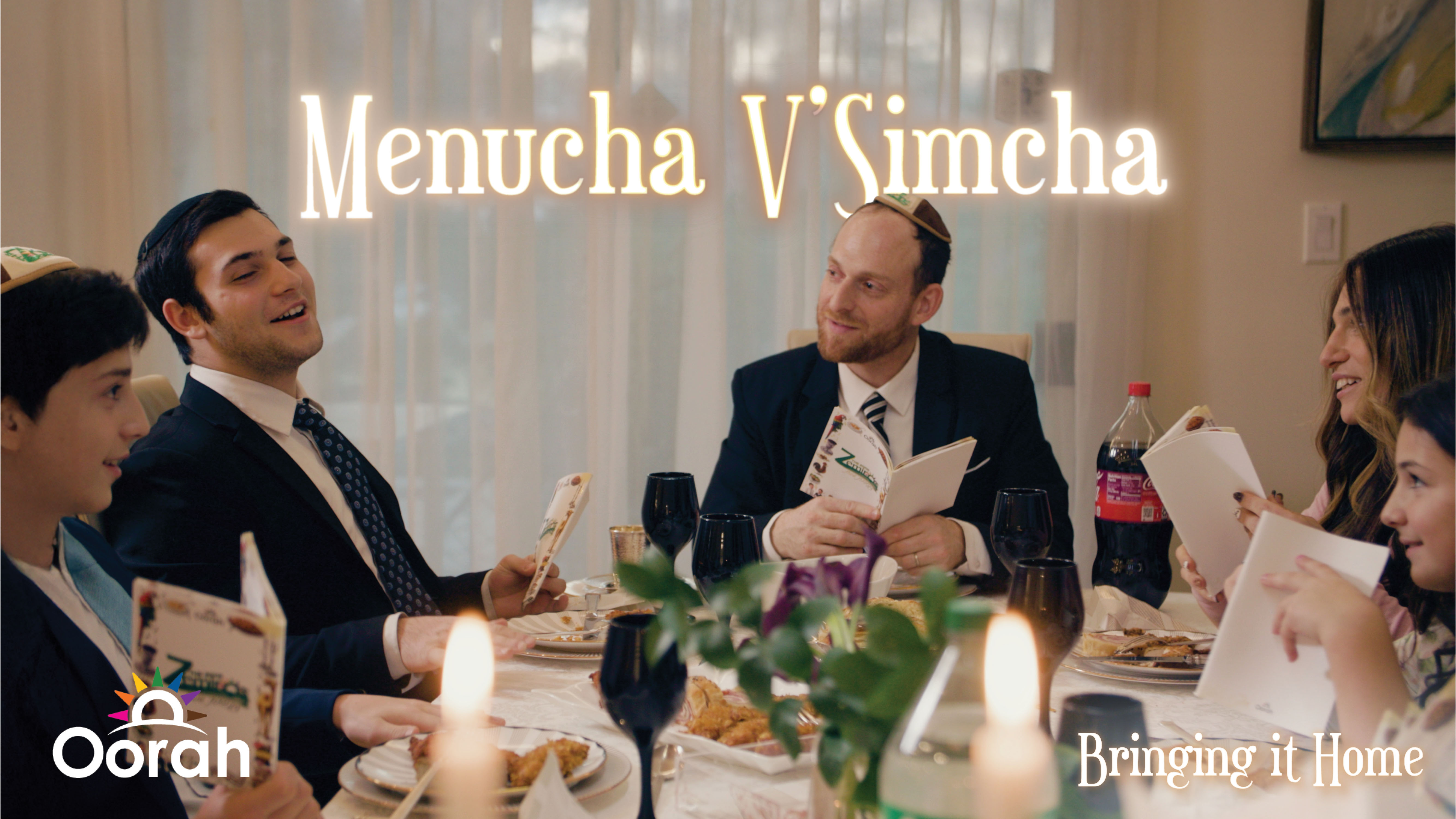The Meaning of the Korban Todah (Todah Sacrifice)
This week’s Torah reading discusses the Korban Todah. During the time that korbanot (sacrifices) were brought, the Korban Todah was offered by one who was spared from danger or calamity. In reference to this, the Medrash (Vayikra Rabboh 9:2) quotes a verse from Tehillim (50:23) which says, “One who brings a Korban Todah will honor Me.” In this verse, the Hebrew word which means, “will honor Me,” is spelled in an unusual manner, with a double letter. The Medrash says that this is hinting that there is a double appreciation, one after the other, associated with the Korban Todah. What is the double appreciation the Medrash is referring to?
The Double Appreciation of the Korban Todah
The Ksav Sofer says this is referring to thanking God not only for the salvation, but also for the danger one was placed in before he experienced salvation. In essence, everything God does for a person is for his good, and that’s why we make a blessing upon tragedy as well. Now, when a person experienced salvation, he must thank God, not only for the salvation, but also for the difficult situation from which he was saved, since the original painful situation was orchestrated by Heaven for his benefit as well.
Thanking God for Pain
A person shouldn’t wait to have salvation before thanking God for a painful and difficult situation. The Medrash says (Tanchuma, Kis Taitsei, 2) that one must be grateful to God for pain because pain draws a person closer to God. Rabeinu Yonah (Sha’arei Teshuvah, 2:4) says that one should thank God for pain as one ought to thank God for his successes in life, for pain brings a person tremendous benefit, which God only grants out of love. The Ksav Sofer takes this a step further and says that when one indeed thanks God earnestly for his pain, during his difficult experience, he will merit to see how the difficult situation will provide true benefit for him.
A Personal Story: Finding Gratitude in Pain
One morning I was talking on the phone with a relative of mine. She was a young mother with one baby, and very eager to have more children, but things were not going smoothly. She developed a medical condition which affected her fertility. Besides suffering from the actual medical condition she had, the medical problems caused her to miscarry, and prevented her from bearing another child. It was continuous emotional pain intertwined with physical pain and discomfort. This dragged on for a couple of years with no improvement, and she felt despondent. I sincerely felt bad for her and was truly sympathetic. I tried to give her encouragement, but did little to lift her spirits, though I really wanted to help. As I was talking to her, I was trying to figure out if there was any advice I could give in a spiritual sense that might help her merit salvation. Then, I asked her a question, “Did you ever thank God for all the trouble you are going through?” “What?” she said. “Yes,” I replied, “Did you ever actually thank God for all this that you are going through?” “What are you talking about?” she asked back, “I heard about accepting pain and acknowledging the good aspect of it, but what should I be thankful for?” “Well,” I said, “you know that everything God does is for your benefit, so there must be a lot of good happening from this. Maybe that is what God is waiting for. Maybe He’s waiting for you to go to the next level and thank him for the pain.” “That’s impossible!” she claimed, “How can I really feel grateful for these painful experiences?!” “How do you know what you can’t do?” I asked, “Did you try?” “No,” she said, “But it doesn’t seem possible.” “Just try,” I encouraged her, “Try to think of some benefits you may have derived from these experiences and to be grateful to God for them,” and with that we ended the conversation. I was not expecting what happened next. Unbeknown to me at the time, she accepted that challenge. She sat down and started writing what aspects of her challenges she was grateful for. Before she knew it, she filled up both sides of her sheet of paper with a list of seventeen (!) things she was grateful for because of her difficult experiences. She was shocked at what she managed to do. As she was crying from emotions of gratitude, She felt tranquility like she never felt before. She felt like she turned a corner, and a new chapter in her life had begun. About a week later, she was in for another surprise when she found out that she was pregnant. Her health began to improve tremendously, and she gave birth to a healthy, beautiful baby boy.
The Power of Gratitude in Overcoming Challenges
Feeling grateful for difficulties in life is not easy. People naturally react negatively to pain. But when you realize that it is truly something to be grateful for, you might too be able to rise above the challenge and thank God for troublesome experiences as well.
By Rabbi Yitzchok Aryeh Strimber torah4every1@gmail.com


